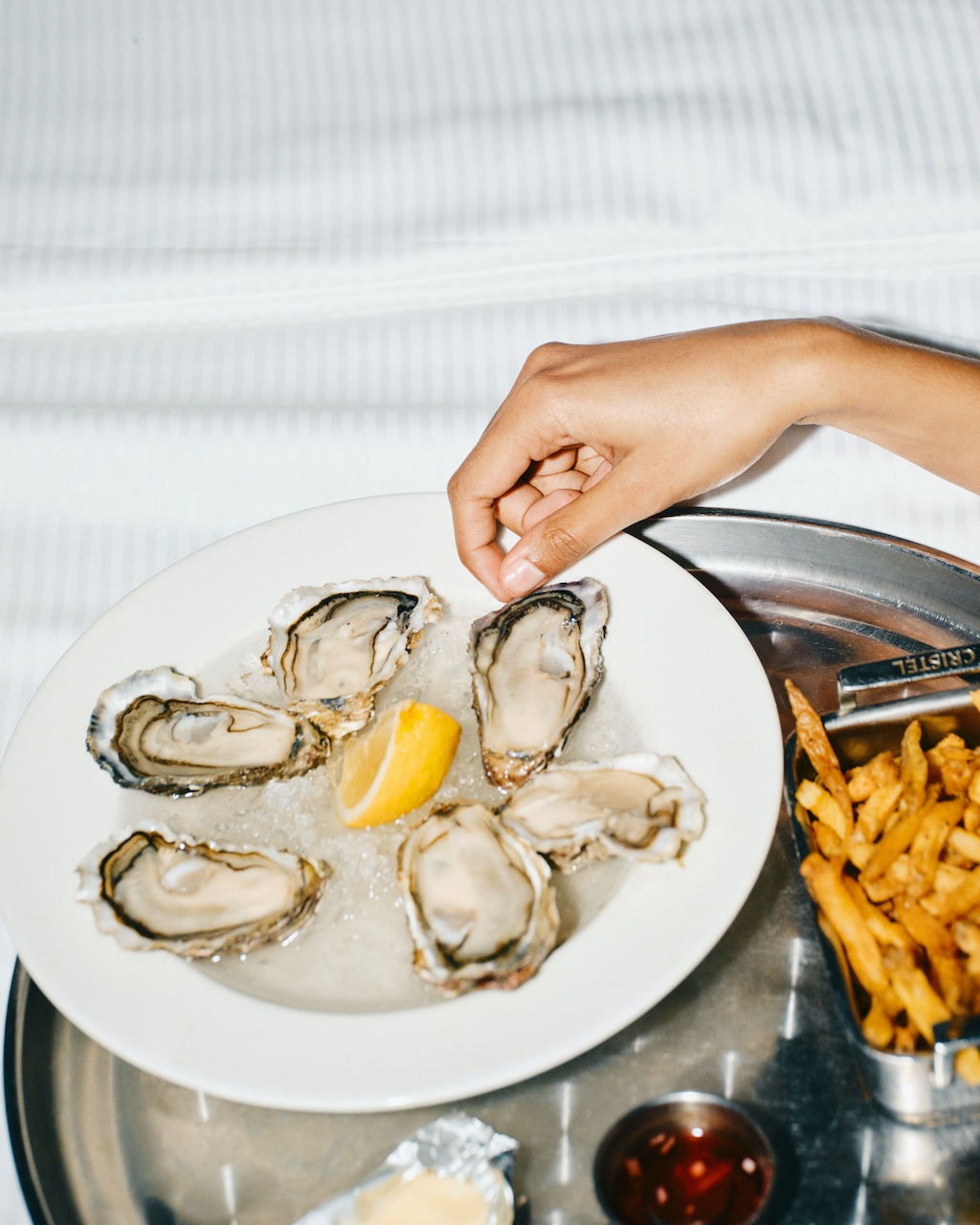
The concept of Utang na Loōb is something that, as a new mom, has been particularly top of mind lately. It’s a Filipino Psychology term that refers to one of the strongest and most defining values in Filipino culture: debt of will to one’s family.
Non-Filipinos might easily oversimplify the meaning and gravity of utang na loob. Everyone feels a ‘debt of will’ towards their family, don’t they? Inherently, it’s not a bad concept. The idea that you owe your life to the people who brought you into and kept you safe in this world is not absurd. Utang na loob, however, differs from this school of thought in its expansion of the depth of this sensical obligation. So much so, for many Filipinos and Filipino Americans, it can be mentally and emotionally crippling. It can takeover one’s entire life, and encourages us to uphold toxic expectations and communication styles with people we love.
Historically, practicing utang na loob has played a huge part in shaping Filipino family culture.
It’s the reason our bonds are so thick, regardless of our collective trauma or family dysfunction. When Spain colonized the Philippines, they mastered taking full advantage of our utang na loob. They exploited this mindset to create a narrative that characterized Filipinos’ purpose as being ‘in service to’… essentially everyone except ourselves. This is how the Spanish were able to convert native Filipinos to Catholicism with such ease. They painted themselves as ‘saviors’ to our ancestors, and made them believe Filipinos owed them for ‘civilizing’ us.
We still see this dynamic present in Filipino culture today. Because of this mental and emotional exploitation, some have interpreted utang na loob as a mode of control or form of currency in getting what one wants from another person.
Pilipino Psychology 101
Kapwa is the core belief of all Filipino psychology. It refers to our shared sense of identity as Filipinos, and introduces us to the concept of shame. If one is walang hiya about their utang, it means they have no shame, or in this case, regard for their family. When you defy your utang or fail to communicate it effectively, you’re considered worse: walang kapwa. Or in other words, you don’t possess that core, shared sense of identity that connects all Filipinos.
Are you starting to connect the dots on why so many of us often claim we don’t feel Filipino ‘enough’?
I’ve written here many times about how this has shown up for me in various ways. Most recently in adjusting to new motherhood. Experiencing mom guilt, establishing healthy boundaries, and dealing with changes in my marriage as we became parents are just a few. The story I’ve created for my own internal narrative, because of my utang na loob, instructs me to exhaust myself at all costs for the sake of my son. This stems directly from the exploitation of my elders’ utang na loob, and is a remnant of the colonial mentality passed down to me from older generations in my family.
We can have complicated relationships with our families and still acknowledge family is what keeps our culture alive.

For many Pin@ys, the formation of our belief system and identity relies heavily on our family’s influence. We’re afraid to question our utang na loob because those relationships we have with our family members, be they toxic at times, are so central to our identity. If we did something to compromise their good-standing status, would it make us less Filipino/a/x? What does being Filipina/o/x mean if it doesn’t have to do with our family experience?
“Family is integral to my experience as a Pinay.”
– Marissa Tirona, EO103, The Filipino American Woman Project podcast
Today, we try our hardest to reframe the narrative of utang na loob to include personal boundaries. But how?
It’s all about finding balance.
Balance is a constant struggle, and seems to be the recurring theme popping up in all my reflections lately. I don’t have the answers, and I’m no role model to look after. Nevertheless, I’m here, beside you, doing my best to figure it out too.
At my core, I wholeheartedly believe in the spirit of utang na loob. I know it is what sets me apart from others. It’s a unique strength I’ve used to build integrity, trust, and long lasting relationships. What I know it’s not, however, is a tool to be wielded in the name of advantage, exploitation or causing harm to anyone else.
















